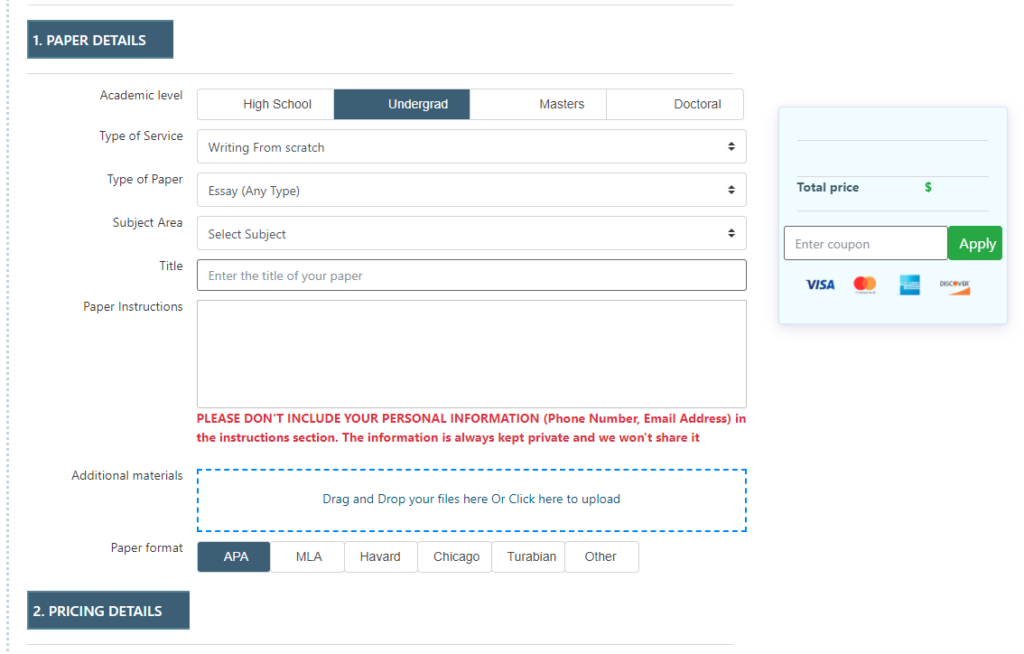Twelfth Night is a romantic comedy that has received both love and criticism from the audience. The play uses romantic love, which is its key theme, to bring out the light-hearted part of it. In addition to how love is used in the play to cheer up the audience, there is also part of foolish love that is criticized as subversive. Toward the finish of the play, love gives a glad completion as all the people in love in the play wind up uniting. The people in love in the long run discover each other and accomplish a blissful wedding. However, in the play, Shakespeare also shows how romantic affection can lead to a lot of pain to people.
In the play, a great deal of the people have an alternate perspective on affection. They see it as a sort of malediction, a sort of feeling that abruptly assaults its victims in a quick and troublesome manner. Various characters from the play languish over being in being enamored. The torment and suffering are the aches of solitary love (Shakespeare, 1998). At a certain point in the play, Orsino illustrates love somberly as a craving that he is willing to fulfill, yet he can’t. At some point in the play, Orsino calls his love motivations “fell and cruel hounds” (I.i.21) (Shakespeare, 1998).
Shakespeare also portrays the subversive side of the play through Olivia. She describes love in an uncompromisingly forthright way as a “plaque” (I.v.265) that causes her a lot of pain and suffering (Shakespeare, 1998). Shakespeare uses metaphors to bring out the destructive part of love. The metaphors used entail aspects of violence that make them subversive. This segment draws out a substitute perspective of the adoration struck couples as survivors of some off the cuff and spontaneous power working in the universe. Viola, who seems to be less emotional, is unhappy about the direction and experience she receives for being in love; she says “My state is desperate for my master’s love” (II.ii.35) (Shakespeare, 1998). Shakespeare, in this context, paints love as some force that brings pain and suffering to those involved.
The desperation caused by love has the capability of bringing in violence. As shown in Act V, scene I, Orsino takes steps to murder Cesario in light of the fact that he feels that Cesario is the lover of Olivia. Orsino feels betrayed hence the idea of killing Cesario. Love is an exclusion element that can be experienced differently by people (Shakespeare, 1998). While a few characters are fruitful in their relationships and accomplish sentimental satisfaction through reciprocated love, others do not and end up getting hurt, which sometimes makes them bitter.
As the play ends, the love couples reunite and are allowed to rejoice; however, Malvolio and Antonio are not allowed to have the objects they desire. Malvolio pursued Olivia, but eventually, he is seen as a fool because of love. He realizes that he is a blockhead who is socially not worth Olivia. Antonio gets in a complicated situation as he gets attracted to Sebastian. He is disappointed that the social norms cannot accept this type of sexual attraction’s gratification. Contrary to the belief that love conquers all, this is not the case in this drama. Those whose wants don’t get satisfied don’t feel less enamored; however, they experience the sharp pain of the absence of love more severely.
Apart from the aspects that are trying to destroy love in the play, thus making the play to be viewed as subversive, there are also other aspects related to gender that provide a similar view from critics. In the play, gender is another common and most discussed theme. The play is among the most transvestite comedies by Shakespeare, Viola distinguishes herself as a male character (Shakespeare, 1998). The situation created because of this camouflage prompts a sexual wreck as Viola goes gaga for Orsino. Viola cannot reveal the truth about his love to Orsino, because he thinks he is of the male gender. To complicate things even more, Olivia, who is the girl that Orsino had admired, falls in love with Viola because she thinks Viola is a man as she has disguised herself as Cesario.
The play has an underlying homoerotic aspect; Olivia has fallen in love with a fellow woman who she thinks is a man. On the other hand, Orsino makes suggestive remarks to Cesario, showing that he is pulled in to him way before he removes his disguise as a man. The undiscovered homoeroticism finds a straightforward way of being expressed in Antonio in his minor role in the play (Shakespeare, 1998). Antonio is obviously enamored with Sebastian, who is also a male character. Unlike in the other characters, Antonio does not hide his feelings and expresses what he feels for Sebastian. However, due to societal and other different reasons, Antonio s wants can’t be fulfilled.
Olivia and Orsino, however, are lucky enough to find a bit of heterosexual pleasure after their sexual vagueness, and all deceptions are brought to light. This shows subversive in that homoerotic is not entertained; rather, it is condemned and not given a chance, just like in the case of Antonio and Sebastian. It also shows discrimination against same-sex relationships. It is also merry in how Olivia and Orsino finally end up together after the real gender identity of Olivia is revealed.
The uncertainty of gender also reveals the ‘light-hearted’ and ‘subversive’ aspect in Shakespeare’s play. Even as the play gets to its end, things are still unclear, and there are a lot of suspicious (Shakespeare, 1998). The audience is somehow in a gloomy state on the issue of Olivia and Orsino’s relationship. By declaring his love to Viola, this can be understood as a sign that Orsino enjoys extending the pretense put upon by viola about her being masculine as he acts as Cesario.
Even after Orsino is made away that Cesario is a woman by the name Viola, he says, “Boy, thou hast said to me a thousand times / Thou never shouldn’t love a woman like to me” (V.i.260–261). Towards the end, as Orsino concludes, he again says, “Cesario, come— / For so you shall be while you are a man; / But when in other habits you are seen, / Orsino’s mistress, and his fancy’s queen” (V.i.372–375) (Shakespeare, 1998). This shows that even after Orsino thinks about Viola’s real character, he really continues watching out for her by her male name. This creates suspense in whether Orsino is in any capacity in affection with Viola or on the off chance that he is stacked up with more love for Viola’s male persona.
The Folly of Ambition is another aspect that receives both praise and criticism in the play. There is an issue of social desire, which is principally depicted through the personality of Malvolio. He is a steward who is competent in his duties. He seems to be shocked by matters relating to sex and is also unfriendly (Shakespeare, 1998). He, nonetheless, ends up being an extraordinary narcissist with tremendous desires of escaping his social class. Maria is likewise engaged with these gigantic aspirations when he forges a letter from Olivia to cause Malvolio to accept that Olivia is infatuated with him and her desire to get married to him.
The information on Olivia been in love with Malvolio gets different characters shocked, and Sir Toby and the others think that it’s difficult to accept for different reasons. First is a result of Malvolio’s ugly character and furthermore on the grounds that they know Malvolio as an individual not having a place with the honorable blood (Shakespeare, 1998). This creates some weird feeling as during Shakespeare’s time, a noblewoman like Olivia is portrayed to be could not tarnish her image and good name by associating with a man who is perceived to be of a lower class. This can be understood as discrimination of the highest order.
References
Shakespeare, W. (1998). The Oxford Shakespeare: Twelfth Night, or What You Will. Oxford Paperbacks.







